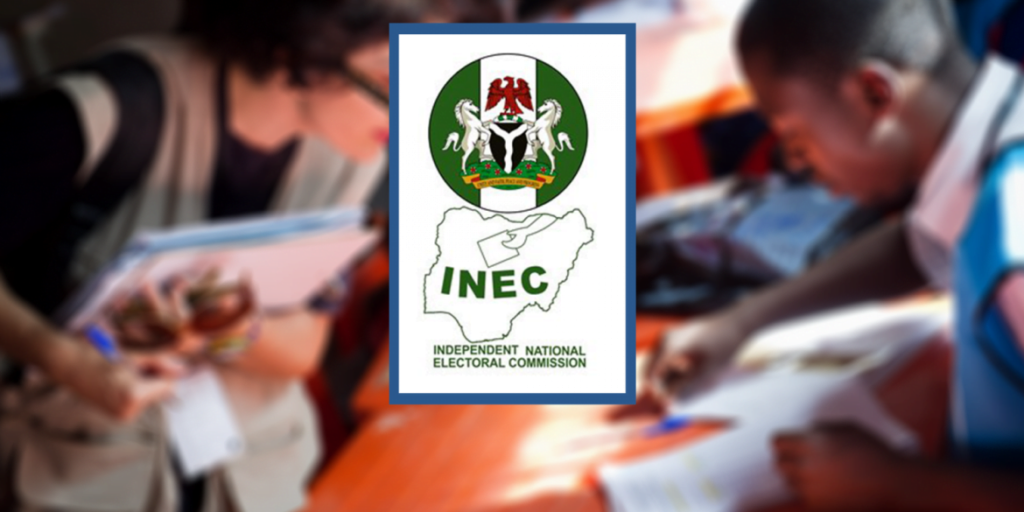The Independent National Electoral Commission (INEC) has advocated for stringent measures to combat vote-buying ahead of future elections, proposing a cash limit of N50,000 within polling areas.
This move comes amidst growing concerns over electoral malpractices that threaten Nigeria’s democratic integrity.
During a consultative meeting in Abuja on Friday, INEC’s Director of Litigation and Prosecution, Tanimu Muhammed SAN, emphasized the need for legislative action to deter vote-buying, which he described as a significant threat to credible elections in Nigeria.
Muhammed highlighted that unrestricted cash flow at polling units has perpetuated electoral fraud by facilitating financial inducements to voters.
“Vote-buying remains one of the biggest threats to credible elections in Nigeria. We need legislation that not only criminalizes this practice but also puts preventive measures in place,” Muhammed stated.
The proposal, presented at a gathering facilitated by the Joint Senate and House of
Representatives Committees on Electoral Matters in collaboration with the Policy and Legal Advocacy Centre (PLAC) and supported by the UK Foreign, Commonwealth, and Development Office (FCDO), aims to redefine electoral conduct by restricting financial transactions during elections.
INEC representatives also reiterated the urgent need for an Electoral Offenses Commission to enhance the prosecution of electoral crimes effectively. They argued that current frameworks do not adequately empower INEC to prosecute offenders comprehensively.
Oluwatoyin Babalola, the Resident Electoral Commissioner for Ondo State, underscored that limiting cash transactions within polling areas would bolster enforcement against electoral offenses, providing clearer guidelines for security agencies.
In response to these concerns, security officials reaffirmed their commitment to ensuring free and fair elections but acknowledged logistical challenges in deployment and communication during electoral processes.
Chairman of the House Committee on Electoral Matters, Hon. Adebayo Balogun, pledged legislative reforms to address gaps identified in the 2022 Electoral Act, aiming for a robust framework that upholds electoral integrity.
“The 2022 Electoral Act was a significant step forward, but its implementation in the last general elections revealed areas that require improvement. We are committed to enhancing our electoral laws to safeguard the credibility of our democracy,” Balogun affirmed.
Senator Sharafadeen Alli, Chairman of the Senate Committee on Electoral Matters, echoed the sentiment, emphasizing the need for reforms that reflect lessons learned from previous elections to strengthen Nigeria’s electoral system.
Do you want to share a story with us? Do you want to advertise with us? Do you need publicity for a product, service, or event? Contact us on WhatsApp +2348183319097 Email: platformtimes@gmail.com
We are committed to impactful investigative journalism for human interest and social justice. Your donation will help us tell more stories. Kindly donate any amount HERE


